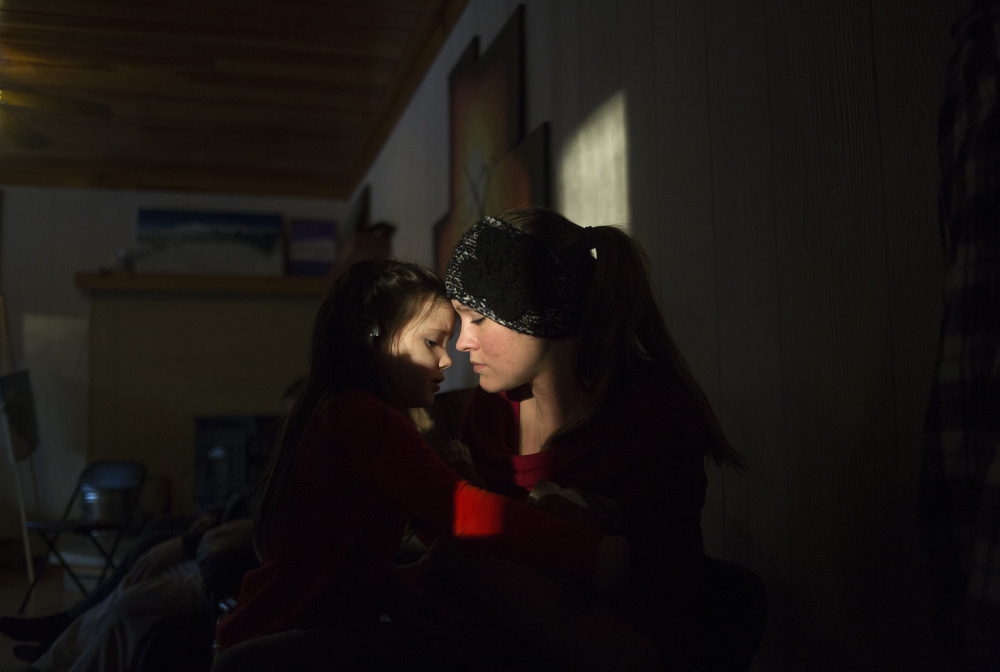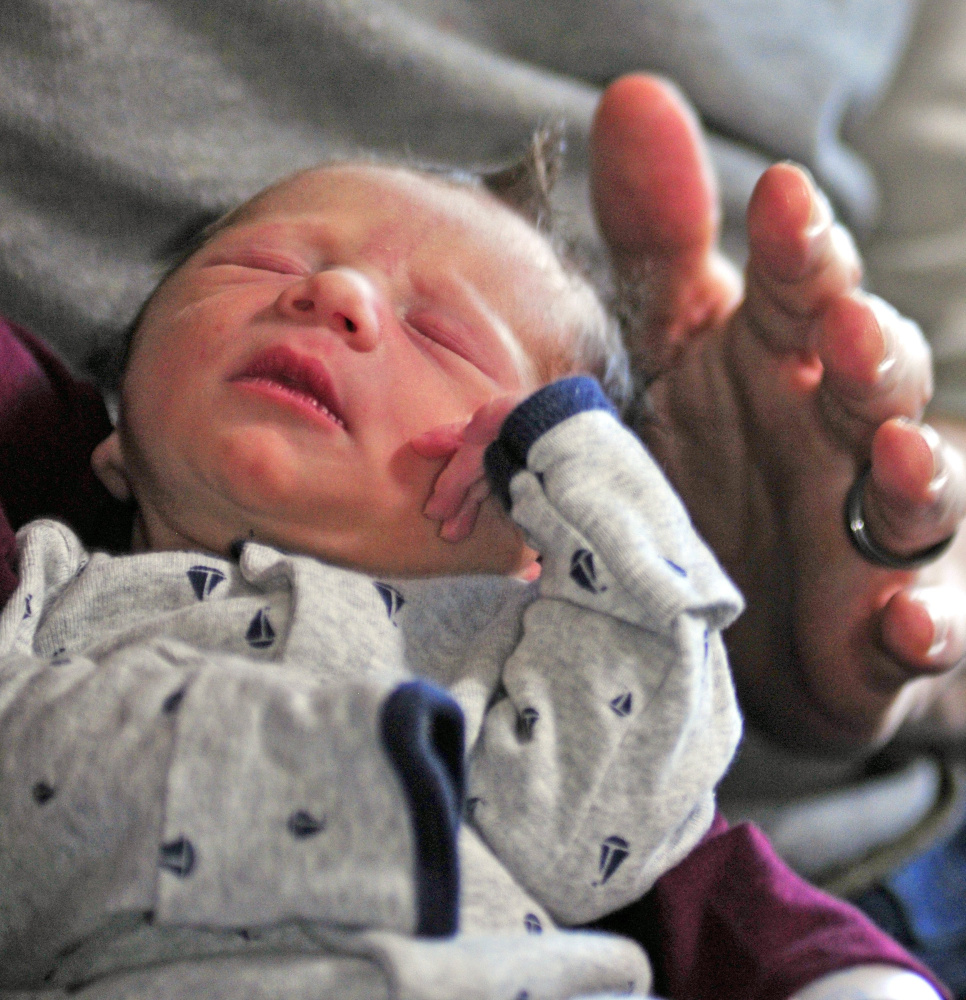Today I read the article “More Maine children are being taken away because of parents’ drug use” that you published Feb. 17.
My name is Courtney Allen, and I am a person in long-term recovery from substance use disorder. For me, this journey began on Feb. 8, 2015. My children, Wyatt and Aimin, are two of the 440 children removed from their parents’ custody in 2015 because of their parents’ (my) drug use. Lucky for my boys and me, our story doesn’t end there.
I would go on to spend the next 353 days battling to get custody of my children back. I was one of the lucky few who receives treatment for my disease.
I was accepted into Family Treatment Drug Court on Feb. 28, 2015. It was my son Aimin’s third birthday. I wasn’t allowed to see him that day, and it broke my heart. I knew it was my fault. I was a no-good drug addict. I felt like I didn’t deserve to see him.
I had been told these things by my community for so long that I believed them. I walked into that courtroom broken, alone, desperate and confused. I was everything I had hoped not to be in my lifetime.
I was offered one-on-one counseling, intensive outpatient therapy, daily check-ins with a case manager and biweekly court sessions with a judge — but, most importantly, a place that I didn’t feel judged.
For the first time in a long time, I was able to stay sober. This program gave me the support, compassion and acceptance that I needed. My case manager, Tris, was available to me to help me through some of the darkest days of my life. It was the only place that I could go that I felt like I was understood. I was never looked down upon.
This opportunity saved my life and gave me the ability to become the mother my children deserved. Without this treatment, I wouldn’t be able to say that on Jan. 27, 2016, I was awarded full custody of my children by the same judge who had helped save my life, Judge Eric Walker.
I would go on to graduate the program in March of that year. I walked out of the courtroom no longer broken and alone. I left that courtroom a whole person and with the support system that I had so desperately needed.
I still attend those biweekly court sessions. I hold my hand out to the new parents in the program. I see them for who they can become, not who they once were. I pray that I can watch them grow as much as I have.
The journey wasn’t always easy. I spent many days curled up in my bed, crying myself to sleep because of the shame and guilt I felt. I know deep down in my heart that I would not have gotten custody of my children back without the treatment.
If you met me today, you would not know that I have struggled with substance use disorder. I am a full-time student at the University of Maine. I major in mental health and human services, concentrating in addictions. I hope to someday give back to the system that has given me so much. I am a present, stable, sober mother. I hold two jobs and I am an active member of my community.
I look and act just like everyone else to the blind eye. Above all else, I am no longer ashamed of the person I was.
Not everyone’s story sounds like mine. Remember, not everyone is offered treatment. I am asking my community to give my “kind” a chance.
Words have deep meanings. For starters, please stop calling us “addicts.” It is degrading and shameful. Instead, see us as people. Call us “people.” Your words have the power to change the world, if used with compassion.
Please, stop labeling people with substance use disorder as “useless, no good, not worth it and broken.” It’s just not the truth. Recovery is possible with a little bit of support. People helping people. Nothing more and nothing less. Keep in mind that nothing will change, if nothing changes.
Making treatment accessible to parents begins with opening our hearts. Breaking the stigma and talking about the problem is a step in the right direction.
People are dying. Children are losing parents. Parents are losing children. Something can be done about it, though. That something is treatment.
Courtney Allen is a resident of Augusta.
Send questions/comments to the editors.




Success. Please wait for the page to reload. If the page does not reload within 5 seconds, please refresh the page.
Enter your email and password to access comments.
Hi, to comment on stories you must . This profile is in addition to your subscription and website login.
Already have a commenting profile? .
Invalid username/password.
Please check your email to confirm and complete your registration.
Only subscribers are eligible to post comments. Please subscribe or login first for digital access. Here’s why.
Use the form below to reset your password. When you've submitted your account email, we will send an email with a reset code.